Total Disinformation (Olavo de Carvalho)
Total Disinformation (Olavo de Carvalho)
As soon as the existence of Soviet disinformation was made public in the West, the leftist intelligentsia mobilized on a global scale to dilute the technical meaning of the term and attribute the practice of disinformation to Western governments — as if any of them wielded a degree of media control comparable to that enjoyed by communist regimes, a level of control absolutely essential to the exercise of dezinformatsiya.
Today, the word is used predominantly in this second, distorted sense. In Brazil, there isn’t a single newspaper reader who wouldn’t swear that George W. Bush manipulated the media during the Iraq War. And not one of them realizes the sheer physical impossibility of what they're claiming.
Anyone with even a basic understanding of the U.S. media knows two things:
(a) all major TV networks and large newspapers — with the sole exceptions of Fox and The Washington Times (the smallest of the big players) — are overwhelmingly left-leaning, anti-Israel, and even anti-American;
(b) George W. Bush’s support base resided in radio stations — particularly in talk shows — in a vast multitude of small conservative newspapers, and most of all, in electronic journalism.
From these two facts, a third conclusion becomes obvious: of the two main ideological currents in the U.S., only one has any resonance abroad. In Brazil, the dominant perception of American current affairs is shaped by content reprinted from The New York Times, The Washington Post, CNN, and similar sources. Nothing ever reaches us that reflects what an American might say in defense of his own country. Even without factoring in the contributions of the Brazilian left (which comprises practically the entire national journalism class), this alone suffices to explain why ninety percent of Brazilians are anti-American. And the hatred is so intense that, at the very moment they slavishly parrot the anti-Bush discourse of the U.S. mainstream media, they truly believe that this media is... a propaganda tool of Yankee imperialism!
The Brazilian public is being trained not to notice either the sources or the meaning of its own opinions. The media here has become a perfect instrument for dulling public consciousness.
After all, disinformation would not be disinformation if it failed to conceal its own existence. But total concealment requires omnipresence. Only an adversary entirely stripped of expressive means can be credibly accused of all crimes — even of monopolizing the means of expression. That is the miracle of “hegemony,” as defined by Antonio Gramsci: invisible through omnipresence, the dominant ideology directs all hatred toward an enemy whose very absence is taken as proof of a dominating, mysterious, and therefore supremely abominable omnipresence. Today’s Brazilian despises “American propaganda” all the more, the less he perceives any trace of it.
Of all the accomplishments of domestic disinformation, however, none compares to the exploitation of nationalist outrage over the “occupation of the Amazon.” That occupation does exist, but the news coverage is reversed. Those actually sinking their claws into the Amazon are pro-communist entities like the World Council of Churches, UN-protected indigenous-rights NGOs, and similar groups, whose strategic goals in the region are at least as anti-American as those of the FARC. Complicit journalists manage to camouflage the operation through tokenistic exposés which, while highlighting the seriousness of the invasion, conceal the true identity of the perpetrators, presenting them as “American imperialists.”
Such a reversal has only ever succeeded in other countries for short periods and with limited objectives. The classic example was the Tet Offensive during the Vietnam War. The Vietcong launched a mass attack — and were crushed. They lost 50,000 men and all the ground they had gained. They succeeded in only one place: they seized the U.S. embassy in Saigon for a few hours. Yet the media coverage focused almost exclusively on that visually striking event, omitting the broader context and giving the impression that the Vietcong had won the war. Public opinion bought into the illusion, President Johnson’s popularity plummeted, and the appearance of U.S. defeat was enshrined as an actual defeat. General Giap himself later admitted that his most powerful weapon in the war was the American media.
0



 Latin Afterdeath
Latin Afterdeath
 The David Knight Show
The David Knight Show

 Raging Golden Eagle
Raging Golden Eagle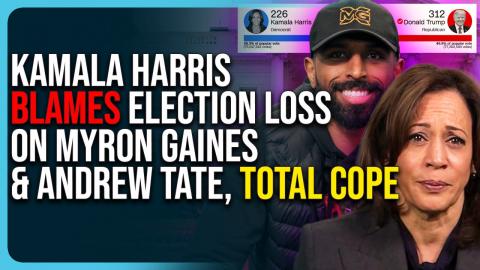
 Timcast IRL
Timcast IRL
 The Alex Jones Show
The Alex Jones Show
 TheQuartering
TheQuartering
 Redacted News
Redacted News

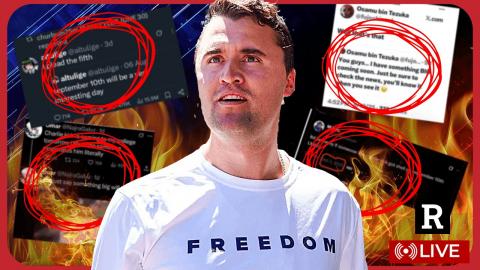

![React: JOÃO CARVALHO NÃO SABE O QUE É FASCISMO [REVOLUSHOW] - João Eigen](https://cdn.mgtow.tv/upload/photos/2025/09/YXcSnwZzQwbRDiR5U9lb_12_c860c21a8b09d171d1e4cd1584ab61cf_image_thumb_high.jpg)
 Sant77
Sant77


 Styxhexenhammer666
Styxhexenhammer666
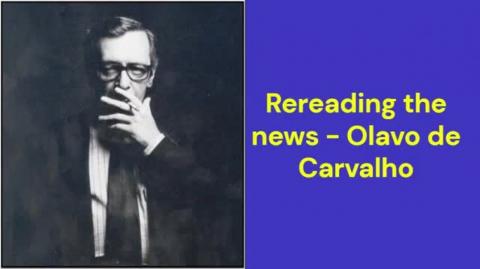
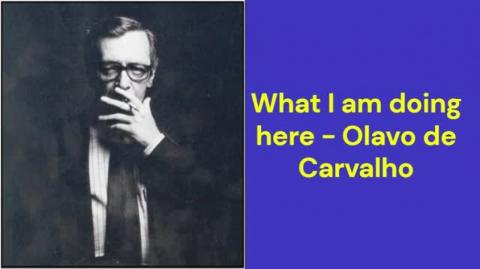
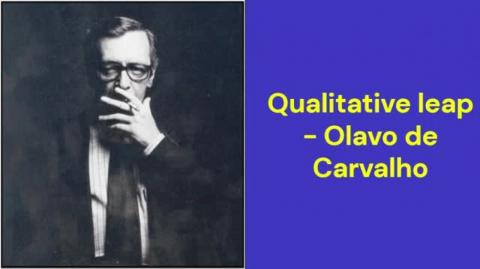


Log in to comment